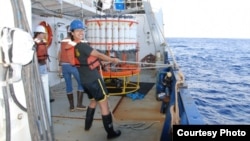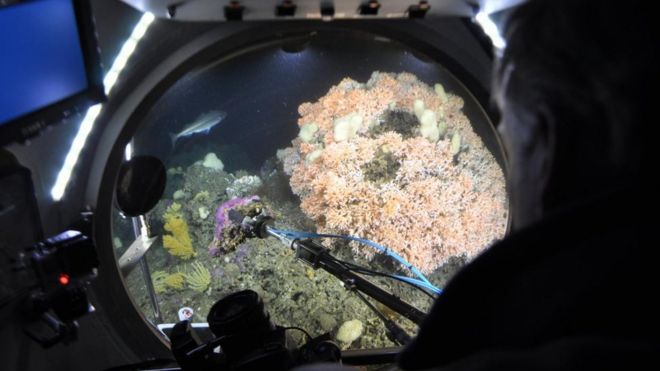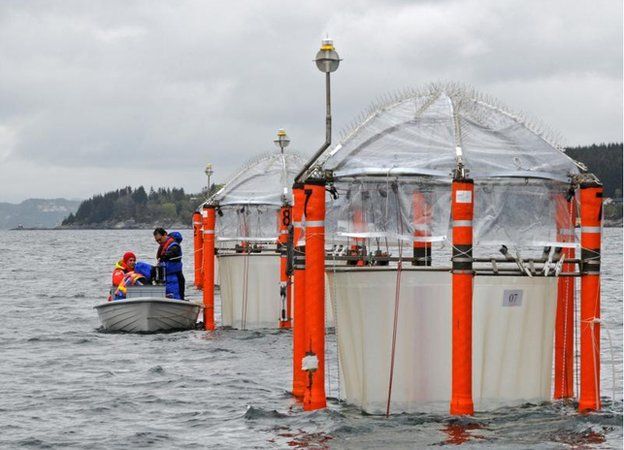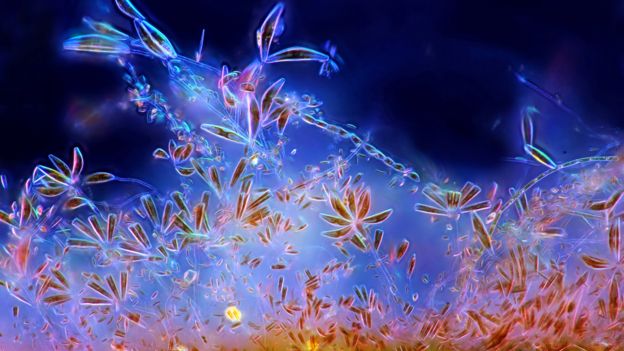orogenicman
Darwin was a pastafarian
- Jul 24, 2013
- 8,546
- 834
- 175
More evidence to back up what I've said before:
Greatest mass extinction driven by acidic oceans study finds -- ScienceDaily
Journal Reference:
Greatest mass extinction driven by acidic oceans study finds -- ScienceDaily
Changes to the Earth's oceans, caused by extreme volcanic activity, triggered the greatest extinction of all time, a study suggests. The amount of carbon added to the atmosphere that triggered the mass extinction was probably greater than today's fossil fuel reserves, the team says. However, the carbon was released at a rate similar to modern emissions. This fast rate of release was a critical factor driving ocean acidification, researchers say.
Journal Reference:
- M. O. Clarkson, S. A. Kasemann, R. A. Wood, T. M. Lenton, S. J. Daines, S. Richoz, F. Ohnemueller, A. Meixner, S. W. Poulton, E. T. Tipper. Ocean acidification and the Permo-Triassic mass extinction. Science, 2015 DOI: 10.1126/science.aaa0193






